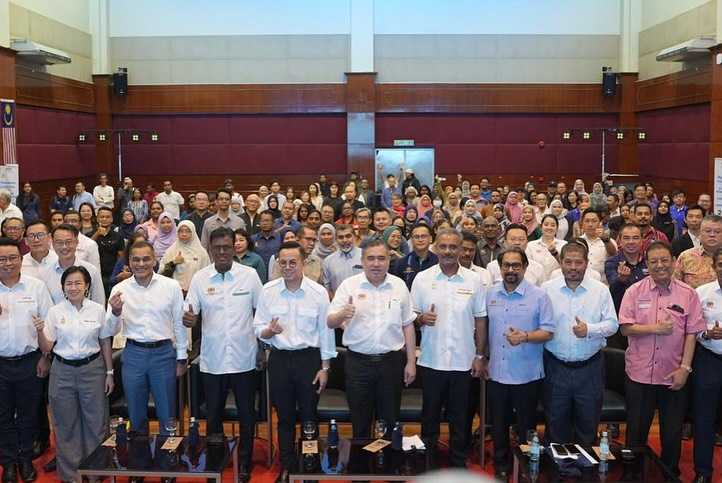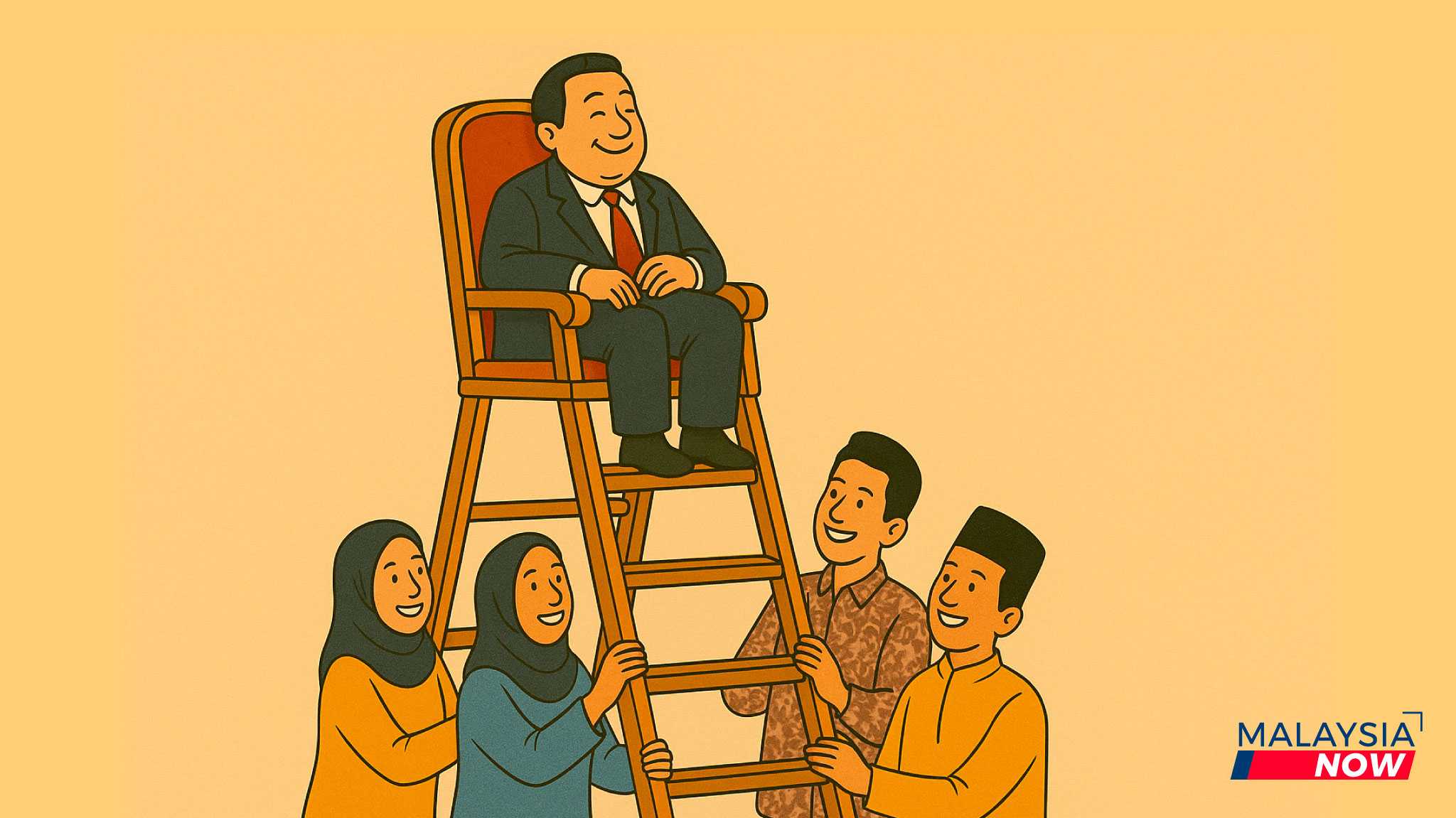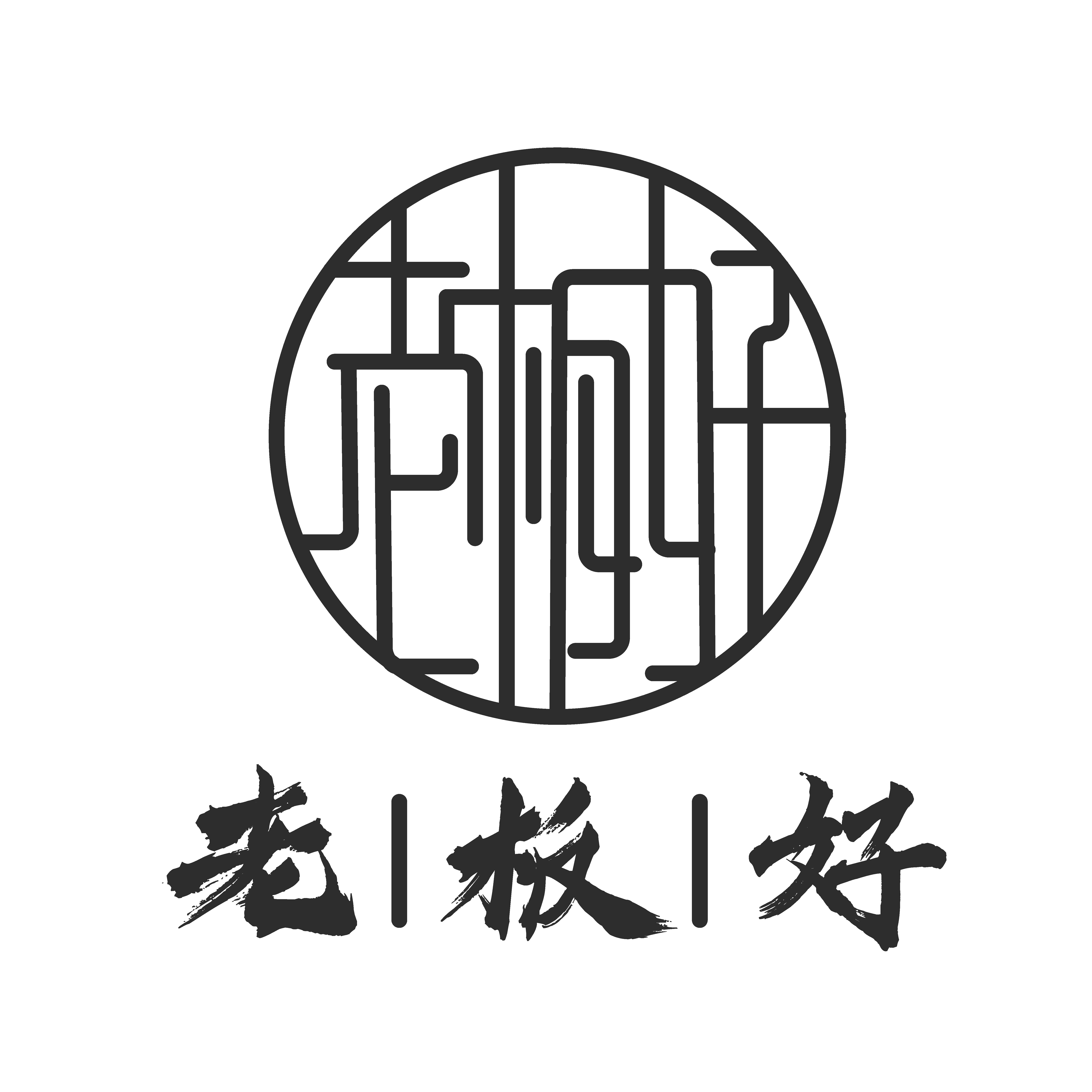Pomp, sycophants and wastage: In Malaysia's civil service, old habits die hard
3 天前
Several former government officials have acknowledged Rafizi Ramli's scathing remarks on his encounters with protocol during his stint as economy minister, describing such experiences as examples of patronage culture still embedded in the public service.
According to them, it does not matter which party holds the reins in Putrajaya – protocol, taken even to the point of wasting time, energy and resources, will live on.
"The fundamental principle is that civil servants should only serve the current government.
"If this was truly understood and practised, the culture of obsequious behaviour would not be a problem," said Hanipa Maidin, a former deputy law minister who served in the first Pakatan Harapan administration led by Dr Mahathir Mohamad.
He said such a culture arose from civil servants' understanding of their duty to the government.
Hanipa, a founder of Amanah who has been vocal in his criticism of both his party and the failure of Prime Minister Anwar Ibrahim's administration to make good on its promises of reform, was asked about Rafizi's remarks urging the public to take a stand against pointless protocol through satire on social media.
Rafizi had invited the people to poke fun at the culture of sycophancy on social media, to oppose the normalisation of large-scale celebrations or excessive respect for ministers.
He said such a culture, if allowed to take root, would jeopardise the integrity and professionalism of the civil service.
 He gave the example of the unnecessary attendance of civil servants at programmes, questioning productivity and the use of resources.
He gave the example of the unnecessary attendance of civil servants at programmes, questioning productivity and the use of resources.
Agreeing with Rafizi, a former senior official to a minister said that Malaysia's decades of rule by a single party had seen many useless examples of protocol embedded in the system.
"Government protocol isn't only about sycophancy, but because Barisan Nasional remained in power for 60 years, many things ostensibly became mandatory even though in reality, they were not," the former official said on condition of anonymity.
"This culture has been in place for too long – Rafizi is not the only one to have spoken out about it," he said, noting that the former minister had only raised the matter after resigning from his position in government.
He said not every instance of protocol was a waste of time, giving the example of safety procedures.
"But this culture of waiting around for ministers really should not be," he said, adding that the line dividing what was necessary from "old habits" was blurred.
Hanipa agreed, saying that some ministers brought such a large entourage with them on overseas trips that they became a burden to embassy officials.
Several civil servants also agreed, saying what began as ceremonial practice eventually turned into a deep-rooted culture, from orders to attend ministers' events to massive entourages for official trips.
Respect or sycophancy?
Former Election Commission deputy chairman, Wan Ahmad Wan Omar, gave the example of overly long opening speeches at official government functions, describing this as a culture of excessive protocol leading to obsequiousness.
He said he had attended many events where too much time was wasted because the emcee had to call out the names of guests of honour one by one before the main programme could begin.
"This excessive protocol has become a culture in the civil service, and in fact in all sectors including politics," he said.
"Every opening speech, welcoming speech, or guest of honour speech begins with such protocol – the naming of VIPs one by one."
Wan Ahmad said there was no such practice in developed countries.
"In Singapore, Japan, South Korea and western nations, speeches cut straight to the point. Only in Malaysia do we have to go overboard, wasting up to five minutes sometimes just reading out the names and stations of VIPs."
He said he had nothing against showing respect for dignitaries.
"But when it is excessive, it becomes a waste of time. Protocol like this should be reduced."
Wan Ahmad also said that obsequious behaviour was at odds with the image of a neutral, professional civil service.
"The principle is, the people have the right to benefit from government policies which are carried out by public servants," he said.
Hanipa meanwhile warned that sycophancy and the culture of political appointments, if not kept in check, would continue to burden the system.
"If this is not nipped in the bud, it won't be just about protocol or sycophancy – it will also be a matter of wasting public resources," he said.
Adding that he had no problem with government officials, he nevertheless said that old habits were hard to break.
"Like they say, old habits die hard."
...Read the fullstory
It's better on the More. News app
✅ It’s fast
✅ It’s easy to use
✅ It’s free









